detail profile joan dalmau
Peran Yang Di Mainkan Joan Dalmau
 Julia a woman suffering from a...
Julia a woman suffering from a...Julia's Eyes 2010
Julia, a woman suffering from a degenerative sight disease, finds her blind sister Sara hung in a basement. Despite all signs pointing to suicide, Julia decides to investigate what she intuitively feels is a murder case.
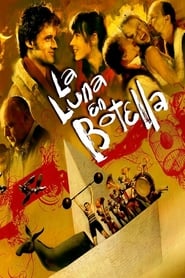 Zeta has a month to hand...
Zeta has a month to hand...Moon in a Bottle 2007
Zeta has a month to hand in a novel she has been commissioned to write and every day she searches for inspiration among the strange customers who are regulars at the Café Rossignol. There she becomes close to Alicia, a pretty waitress who doesn't want to fall in love; she gets to know Pascal, the owner of the bar and a cabaret artist who is nervously waiting for the arrival of his old friends and lovers Irene and Kurt. Or she leaves with Don José another regular who is tormented by a letter he doesn't dare to open. They all want to change their lives. The moment has come to be brave and try to do the impossible. Can they put the moon in a bottle..?
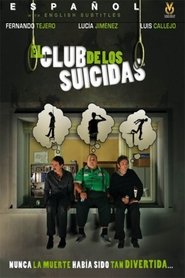 What should you do if you...
What should you do if you...The Suicide Club 2007
What should you do if you are young, handsome but your life is terribly boring? Of course to die! Who can help you? Of course, two your best friends. But what if assisted suicide becomes an original way to earn? When a business plan comes to mind to the three adventurers they are no longer up to the death!
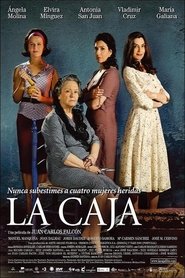 After the death of don Lucio...
After the death of don Lucio...The Wooden Box 2006
After the death of don Lucio, his widow Eloísa asks one of her neighbours to use the latter's house in order to hold the dead man's wake, since Eloísa's own house is too small for that. From then on, a series of strange happenings take place during a single day.
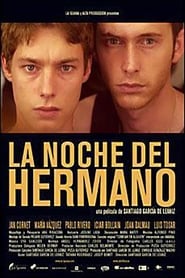 The Night of the brother La...
The Night of the brother La...The Night of the Brother 2005
The Night of the brother ("La Noche del Hermano") is a chiaroscuro tale in which the characters' not always explicit feelings cover the gamut from darkness to light through the thin line between love and fear. Because the events of life are often less astonishing than the way they are shown to us.
 Ramn Sampedro is a ship mechanic...
Ramn Sampedro is a ship mechanic...The Sea Inside 2004
Ramón Sampedro is a ship mechanic and part-time poet left a quadriplegic following a diving accident. Ramón fought for 30 years for the legal right to end his own life. He develops close relationships with his long-term lawyer Julia and his friend Rosa, who tries to convince him that his life is worth living. Despite his situation, Ramón manages to inspire those around him to live life to the fullest.
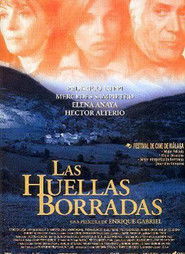 Manuel is a Spanish writer who...
Manuel is a Spanish writer who...Wiped-Out Footprints 1999
Manuel is a Spanish writer who has emigrated to Argentina. He hears that his childhood village in Spain is to be turned into a reservoir, and returns for one last trip. There he meets widow Virginia, an old love, and begins to hope that he might reignite the flame between them. As old secrets are revealed, the villagers must come to terms with their imminent loss and the drowning of their home.
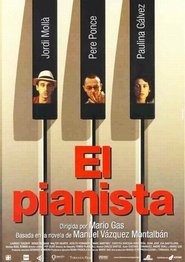 Mario Gas directed this musicthemed Spanish...
Mario Gas directed this musicthemed Spanish...The Pianist 1998
Mario Gas directed this music-themed Spanish drama set in Barcelona of the mid-'80s. When famed composer Lluis Doria (Laurent Terzieff) visits a transvestite club, he learns his lifelong friend Albert Rossell (Serge Reggiani) is the house pianist. A flashback takes the tale four decades into the past where the younger Rossell (Pere Ponce) rejoins Teresa (Paulina Galvez) after having spent years in prison for helping anti-Franco anarchists. The story continues into Paris of the '30s, the period when Doria and Rossell first met, sharing a mutual interest in music and Teresa, before civil war sent them in different directions.
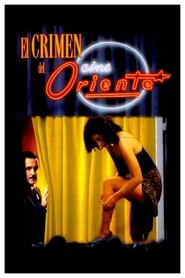 Valencia Spain in the early 1950s...
Valencia Spain in the early 1950s...El crimen del cine Oriente 1997
Valencia, Spain, in the early 1950s. Salvador and María, two unfortunate people, meet by chance when she takes shelter from the rain at the Oriente Cinema, where he works as a manager.
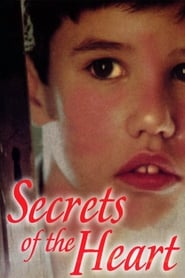 Javi and his friend Carlos visit...
Javi and his friend Carlos visit...Secrets of the Heart 1997
Javi and his friend Carlos visit an old house on the outskirts of a small Spanish village. According to his brother Juan this is a haunted house and one can hear the voices of the dead. Later he is intrigued with a room which is always closed (the room where his father was found dead). He is so interested in these mysteries that he starts to investigate all the secrets of these dead people and their stories.
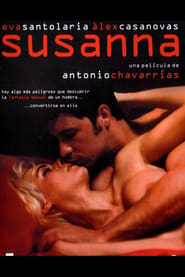 An irresponsible young Spaniard having spent 6...
An irresponsible young Spaniard having spent 6...Susanna 1996
An irresponsible young Spaniard having spent 6 months in jail for embezzlement gets a job as a waiter in a bar restaurant and becomes involved in a stolen goods racket.
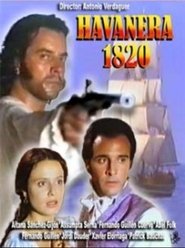 The year is 1820 and trade between...
The year is 1820 and trade between...Havanera 1820 1993
The year is 1820, and trade between Cuba and Catalonia is a booming business, although the goods that arrive to Cuba are not always the products that were shipped, in some cases, they simply arrive "lumps" or "coal". As it appears in the logbooks of the ships. 'Havanera 1820' is a film that tells stories of love and adventure in a time when Cuba confronts the Spanish colonizers.
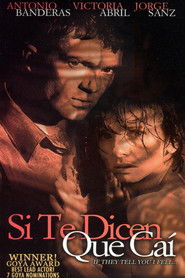 In the post Spanish civil war...
In the post Spanish civil war...If They Tell You I Fell 1989
In the post Spanish civil war years, Catalan kids would sit in circles among the ruins and tell stories, known as "aventis" (the film's original title in Catalan, its original language). These tales mix war stories, local gossip, comic book characters, fantasy and real events. The "aventis" told in this film are told in flashback. In the mid 80s, 45 or so years after the age of the "aventis," a doctor and a nurse-nun (who grew up together, and now are co-workers in a hospital) identify the corpse of one of the main characters of the "aventis" of their childhood and adolescence. Besides the interesting flashbacks - a chronical of the Civil War in a "typical" Barcelona microcosm itself, the discovery of this body (belonging to someone long presumed dead) leads to other surprises and unresolved doubts, several decades later
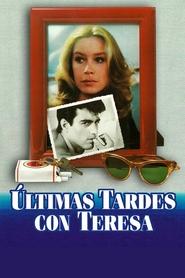 Adapted from the novel by Juan...
Adapted from the novel by Juan...Últimas tardes con Teresa 1984
Adapted from the novel by Juan Marse, the film shows two distant worlds in the Spain of the 50's, the suburban and the bourgeois, which are related through two characters, Manolo Reyes, vulgar motorcycle thief who aspires to escape poverty and Teresa Serrat, university student of bourgeois extraction seduced by the revolutionary cause.
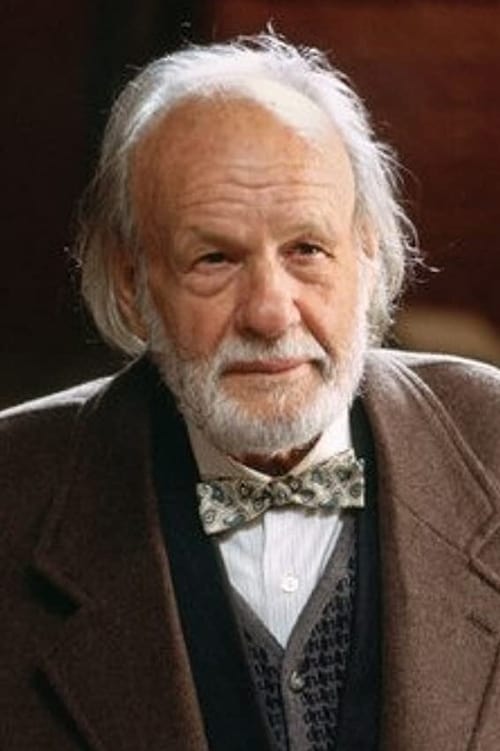
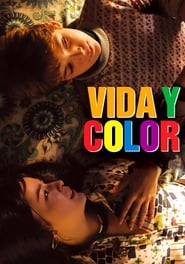
 Professor Lola Snchez investigates the truth...
Professor Lola Snchez investigates the truth...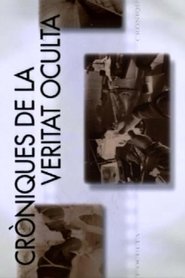 An adaptation of the short story...
An adaptation of the short story... A group of generals of the...
A group of generals of the...
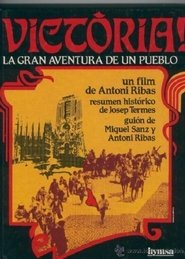 In the middle of the first...
In the middle of the first...